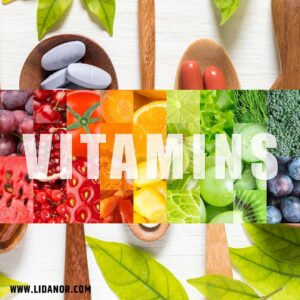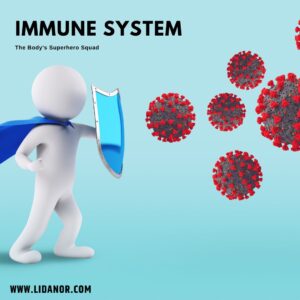
Proteins are the workhorses of our cells, playing critical roles in almost every biological process. They are complex molecules made up of long chains of amino acids. The specific sequence of these amino acids determines the unique shape and function of each protein.
There are thousands of different proteins in the human body, each with a specific job to do. Some examples of protein functions include:
- Building and repairing tissues
- Making enzymes that control chemical reactions
- Transporting molecules throughout the body
- Supporting the immune system
- Maintaining fluid balance
Dietary Protein: Sources, Needs, and Benefits
We obtain protein from the food we eat. Some excellent protein sources include:
- Animal sources: Meat, poultry, fish, eggs, and dairy products
- Plant sources: Beans, lentils, nuts, seeds, and whole grains
The amount of protein we need depends on several factors, including age, activity level, and overall health. However, most adults need around 0.8 grams of protein per kilogram of body weight per day.
Eating a diet rich in protein offers several benefits, including:
- Increased muscle mass and strength
- Improved satiety and weight management
- Stronger bones
- Enhanced immune function
The Protein Revolution: New Discoveries and Future Directions
The field of protein research is constantly evolving. Here are some exciting new frontiers:
- Personalized protein recommendations: Scientists are exploring how individual genetic variations might influence protein needs.
- Plant-based protein sources: With the growing demand for sustainable food options, researchers are developing new and innovative plant-based protein sources.
- The role of protein in disease prevention: Studies are investigating the potential of protein to help prevent chronic diseases like diabetes and heart disease.
Protein Myths Debunked: Separating Fact from Fiction
There are many misconceptions about protein. Here are some common myths debunked:
- Myth: All protein is created equal. Different protein sources have varying qualities. Animal proteins are generally considered “complete proteins” because they contain all nine essential amino acids. Plant-based proteins may be deficient in some essential amino acids, but consuming a variety of plant proteins throughout the day can ensure you get all the essential amino acids you need.
- Myth: Eating too much protein can damage your kidneys. For healthy individuals, there is no evidence that moderate to high protein intake harms healthy kidneys.
- Myth: You need to consume protein immediately after a workout to build muscle. While protein is important for muscle building, research suggests spreading protein intake throughout the day is more beneficial than focusing on a single post-workout meal.
By understanding the science behind protein, we can make informed dietary choices to optimize our health and well-being.





